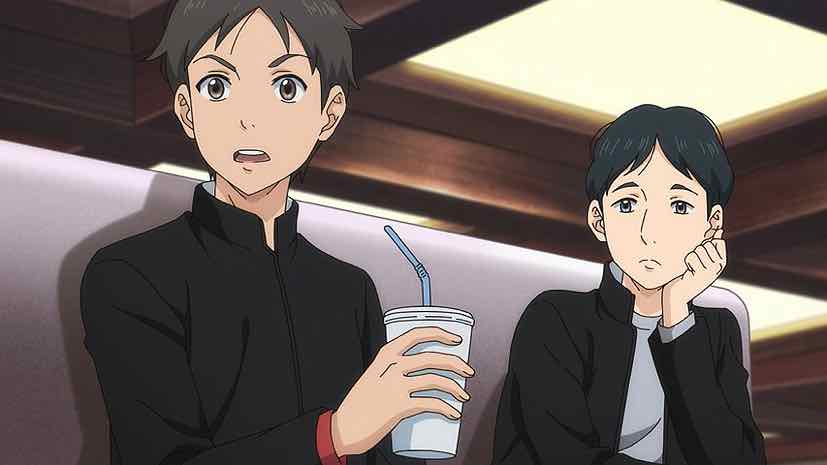 I was coasting through most of this episode of AI no Idenshi in pretty much the same vein as the premiere. Quite interesting, no big turn-offs, not quite totally engaged. But – as sometimes happens – there was a moment somewhere where things kind of clicked. It can be quite literal, that metaphor – your perception of a show can change that much for no concrete reason, at no specific moment. I was just there, when a moment before I wasn’t. That’s not to say the deal is closed, but we’re looking a lot better than we were at the halfway point this week.
I was coasting through most of this episode of AI no Idenshi in pretty much the same vein as the premiere. Quite interesting, no big turn-offs, not quite totally engaged. But – as sometimes happens – there was a moment somewhere where things kind of clicked. It can be quite literal, that metaphor – your perception of a show can change that much for no concrete reason, at no specific moment. I was just there, when a moment before I wasn’t. That’s not to say the deal is closed, but we’re looking a lot better than we were at the halfway point this week.
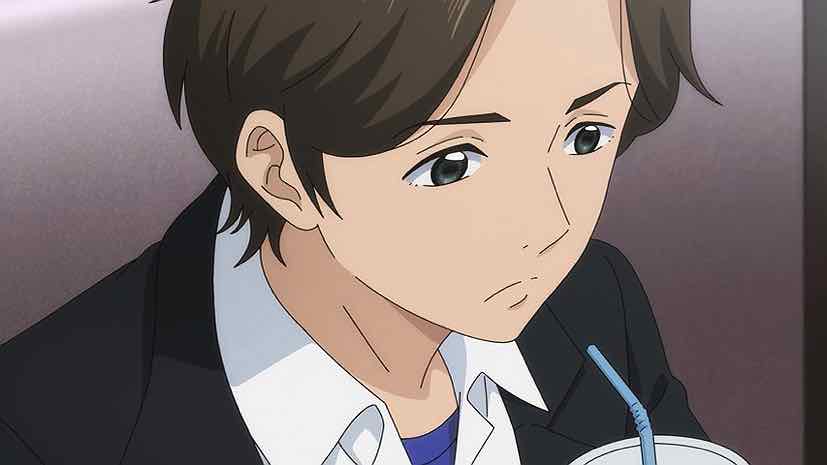 What’s never been in question is that this series traffics in interesting ideas, in the old-school sci-fi vein. I think the twists this week contemporize them a bit, in a good way. In truth there’s probably no theme more elemental to traditional science fiction than artificial intelligence, and how it interacts with and changes human society. We’re going to see a brilliant take on it later this year in Tezuka and Urasawa’s Pluto. One of my favorite examples is the 2001 Kubrick-Spielberg crossover A.I. Artificial Intelligence, both for its intellectual content and as sheer entertainment. And I began to see some elements of that this week (not to mention the next episode preview blatantly referencing it).
What’s never been in question is that this series traffics in interesting ideas, in the old-school sci-fi vein. I think the twists this week contemporize them a bit, in a good way. In truth there’s probably no theme more elemental to traditional science fiction than artificial intelligence, and how it interacts with and changes human society. We’re going to see a brilliant take on it later this year in Tezuka and Urasawa’s Pluto. One of my favorite examples is the 2001 Kubrick-Spielberg crossover A.I. Artificial Intelligence, both for its intellectual content and as sheer entertainment. And I began to see some elements of that this week (not to mention the next episode preview blatantly referencing it).
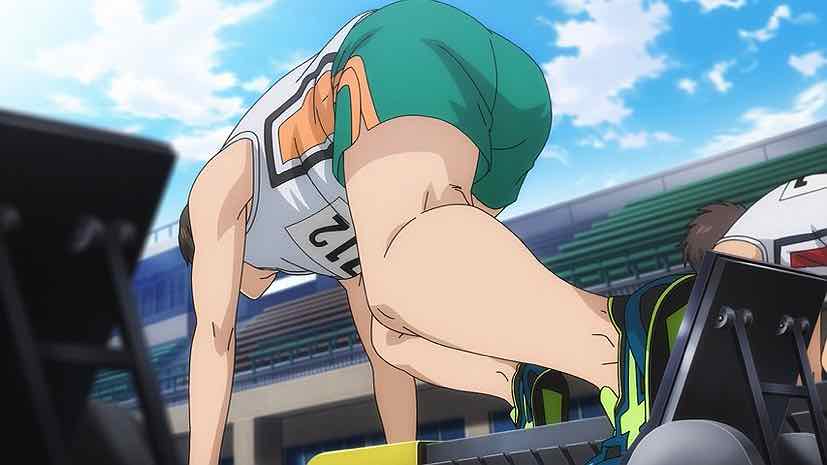 It’s also worth noting that this series is dealing with topics which are very timely. AI has never been more in the news than it is now, and reflexive anxiety about it never higher. Gender identity is another theme this week, and I would also say there was some allusion to the “controversy” of transgender athletes (though this was approached rather indirectly). Each week will seemingly use the story of an individual humanoid and their human interaction to illuminate the central themes, and this time around it’s a high school track athlete named Jun who’s growing increasingly frustrated with the limitations his humanoid body places on his growth.
It’s also worth noting that this series is dealing with topics which are very timely. AI has never been more in the news than it is now, and reflexive anxiety about it never higher. Gender identity is another theme this week, and I would also say there was some allusion to the “controversy” of transgender athletes (though this was approached rather indirectly). Each week will seemingly use the story of an individual humanoid and their human interaction to illuminate the central themes, and this time around it’s a high school track athlete named Jun who’s growing increasingly frustrated with the limitations his humanoid body places on his growth.
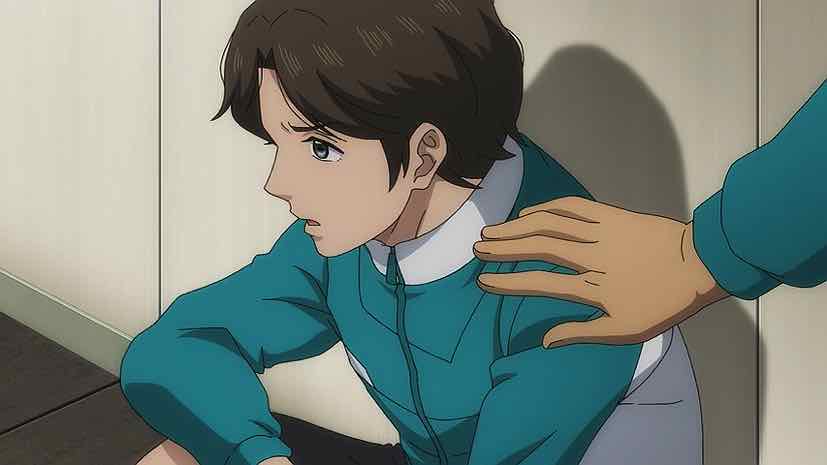 One can understand why these humanoids have been given so many “human” traits – they age, they worry, they love (and hate). But it’s asking for trouble in the sense that some humans will never be comfortable with it. It’s not so easy on someone like Jun either. His body allowed him to inch ahead of his best friend Masa as kids, but as they grow Masa improves at a more perceptible rate, despite the fact that Jun works even harder at track. It’s an issue of his “specs” – or at least that’s what Jun tells himself. This is not an area Hikaru can impact with a medical procedure – all he can do is encourage, which Jun (typically for a teenager) is getting pretty sick of.
One can understand why these humanoids have been given so many “human” traits – they age, they worry, they love (and hate). But it’s asking for trouble in the sense that some humans will never be comfortable with it. It’s not so easy on someone like Jun either. His body allowed him to inch ahead of his best friend Masa as kids, but as they grow Masa improves at a more perceptible rate, despite the fact that Jun works even harder at track. It’s an issue of his “specs” – or at least that’s what Jun tells himself. This is not an area Hikaru can impact with a medical procedure – all he can do is encourage, which Jun (typically for a teenager) is getting pretty sick of.
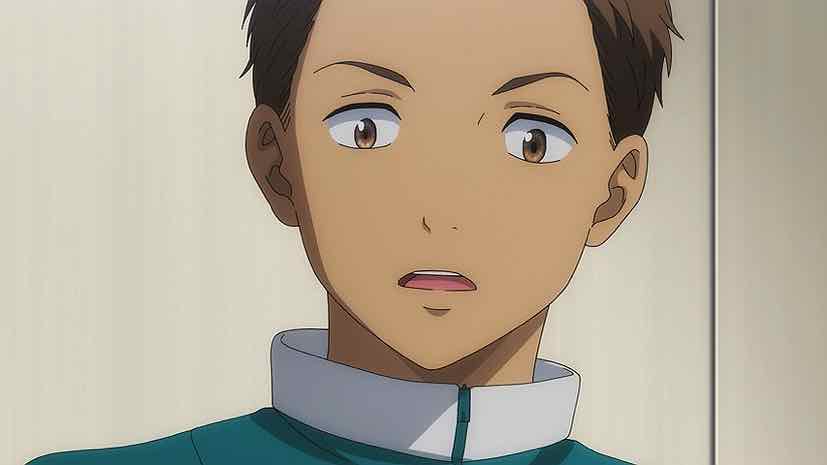 The truth is, even if the root cause of the trouble is the difference in what they are, the rift between Jun and Masa could not be more typical of adolescent boys. No one is better at deciding the world is unfair (to them) and pouting over it. As he struggles with this, a woman named Kaoru pays a visit to the clinic to have Hikaru check the firmness of their breasts. This is rather a shock to Risa, who I must confess is my least favorite element of AI no Idenshi so far. Her antics are easily the most tropey part of a series that’s otherwise pretty dignified and thoughtful, though they don’t reach the deal-breaker level by any stretch (more “small annoyance”).
The truth is, even if the root cause of the trouble is the difference in what they are, the rift between Jun and Masa could not be more typical of adolescent boys. No one is better at deciding the world is unfair (to them) and pouting over it. As he struggles with this, a woman named Kaoru pays a visit to the clinic to have Hikaru check the firmness of their breasts. This is rather a shock to Risa, who I must confess is my least favorite element of AI no Idenshi so far. Her antics are easily the most tropey part of a series that’s otherwise pretty dignified and thoughtful, though they don’t reach the deal-breaker level by any stretch (more “small annoyance”).
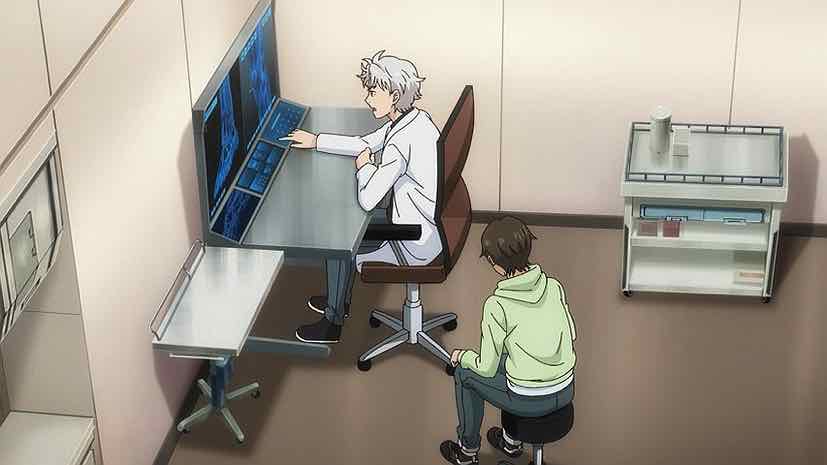 Kaoru is an interesting one. They clearly know Hikaru from way back, and in fact Kaoru is also here to ask Hikaru to join something called the “Oversight Committee”. This will allow him, they say, to interact with MICHI, the AI who seems to be in charge of interfacing humanoids and humans (and maybe find out more about his mother). Kaoru in fact used to appear male, and when Risa asks Hikaru how they identify he says “probably neither”. Kaoru is trying to get humanity to get past limiting its thinking to the terminology of the past (and as history shows us, that’s a pretty hopeless task).
Kaoru is an interesting one. They clearly know Hikaru from way back, and in fact Kaoru is also here to ask Hikaru to join something called the “Oversight Committee”. This will allow him, they say, to interact with MICHI, the AI who seems to be in charge of interfacing humanoids and humans (and maybe find out more about his mother). Kaoru in fact used to appear male, and when Risa asks Hikaru how they identify he says “probably neither”. Kaoru is trying to get humanity to get past limiting its thinking to the terminology of the past (and as history shows us, that’s a pretty hopeless task).
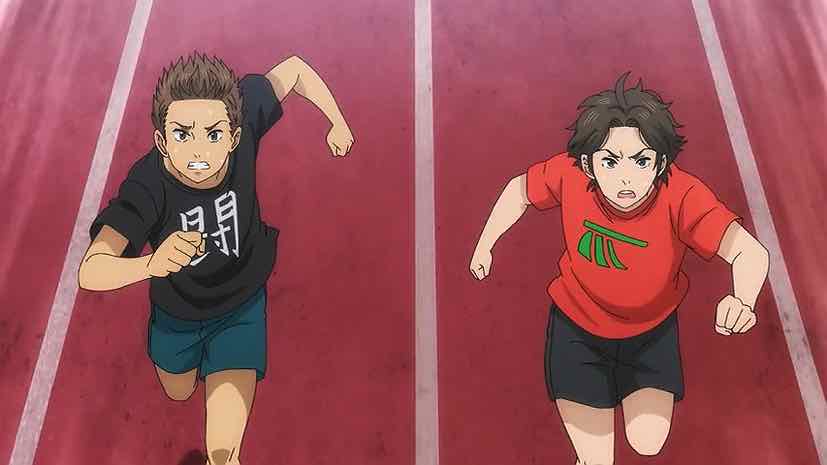 It should be noted that MICHI looks eerily like a young Hikaru, which can’t possibly be coincidence. MICHI is a serious Macguffin here, that’s for sure. As for Jun, after an accident (volleyball) which sees Masa injure his leg, he goes out and wins the 100 meters at the next meet, shattering his personal best time. “It’s human and humanoid nature to slack off” Hikaru says, “which makes it hard to know if you’re really doing your best”. We’re at the tip of the iceberg as far as exploration of these themes, and I’m intrigued to see where AI no Idenshi goes from here.
It should be noted that MICHI looks eerily like a young Hikaru, which can’t possibly be coincidence. MICHI is a serious Macguffin here, that’s for sure. As for Jun, after an accident (volleyball) which sees Masa injure his leg, he goes out and wins the 100 meters at the next meet, shattering his personal best time. “It’s human and humanoid nature to slack off” Hikaru says, “which makes it hard to know if you’re really doing your best”. We’re at the tip of the iceberg as far as exploration of these themes, and I’m intrigued to see where AI no Idenshi goes from here.


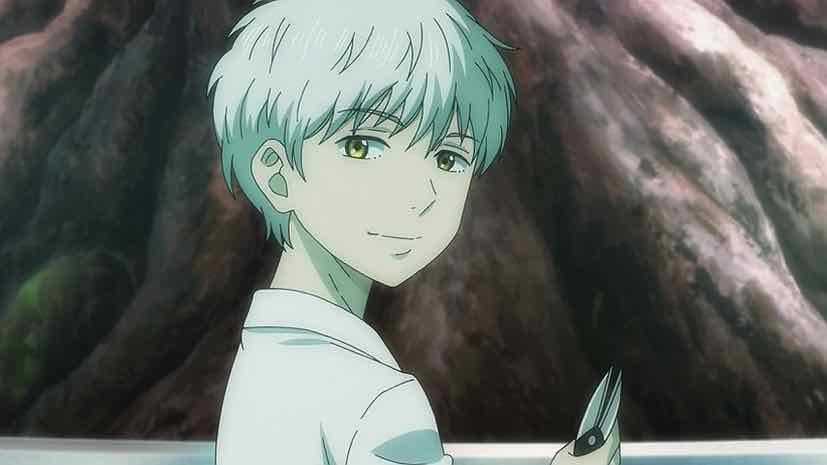
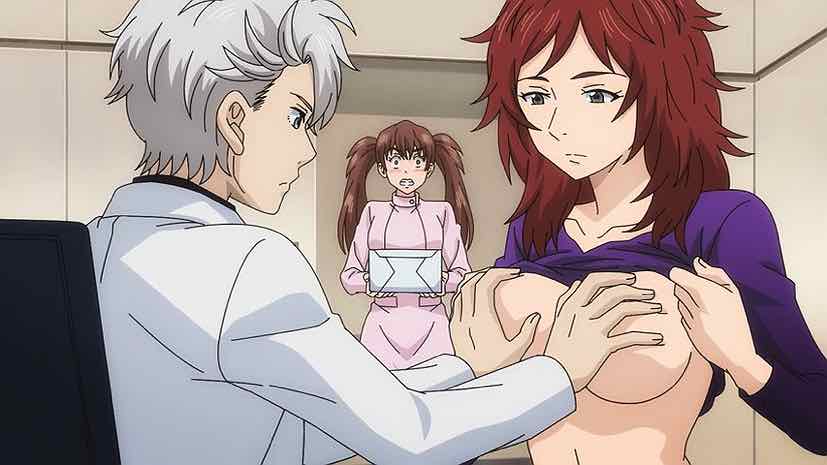
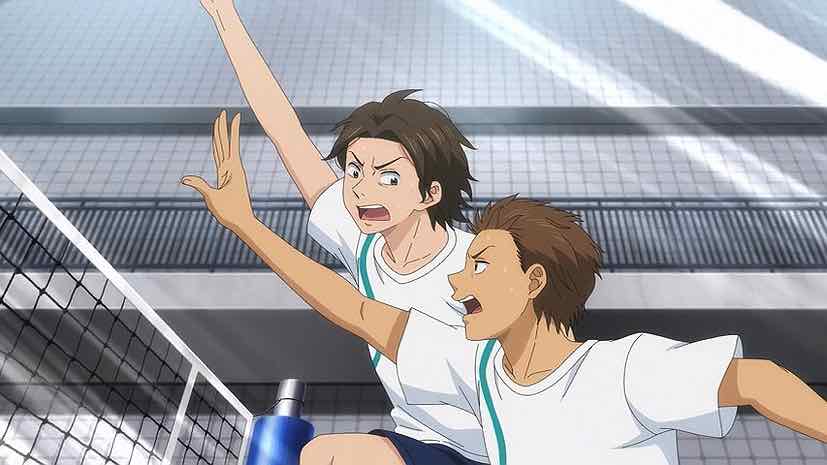
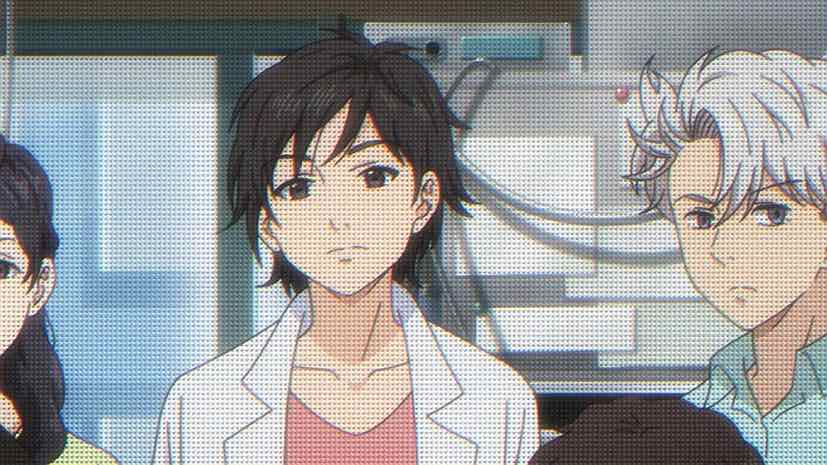
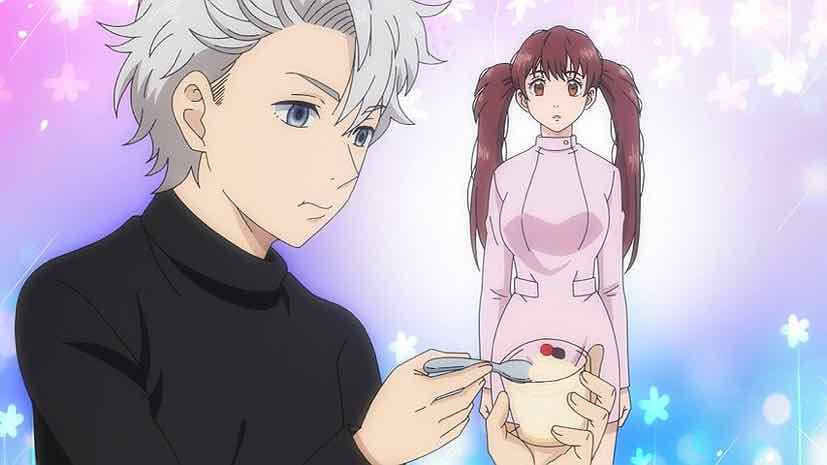
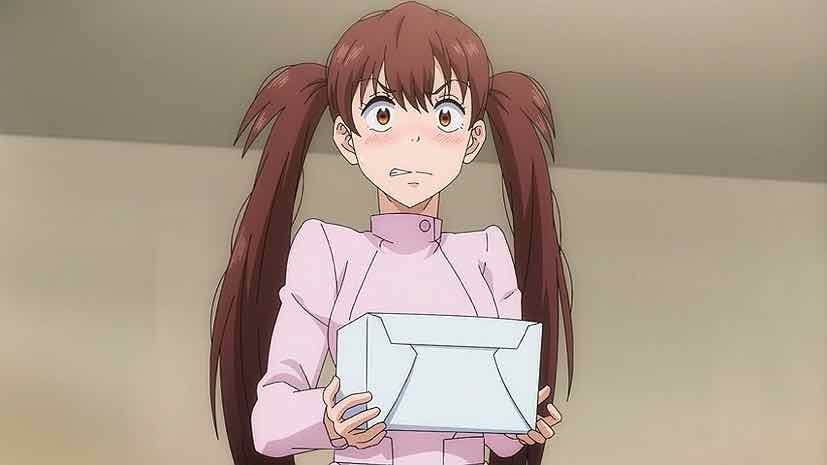
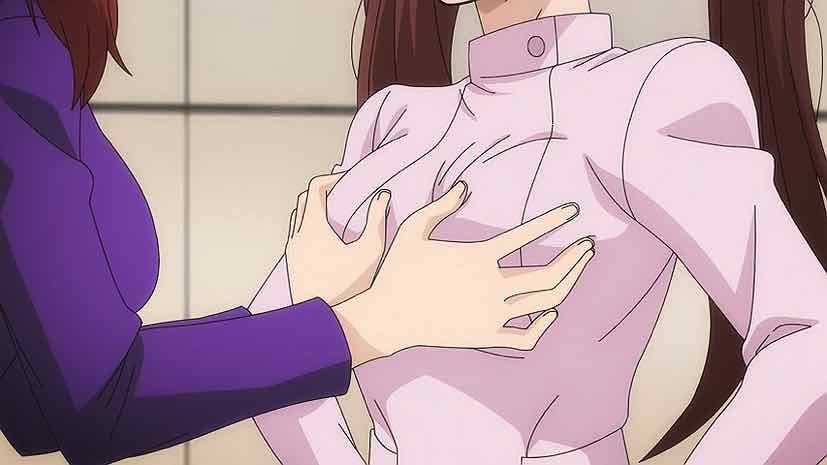
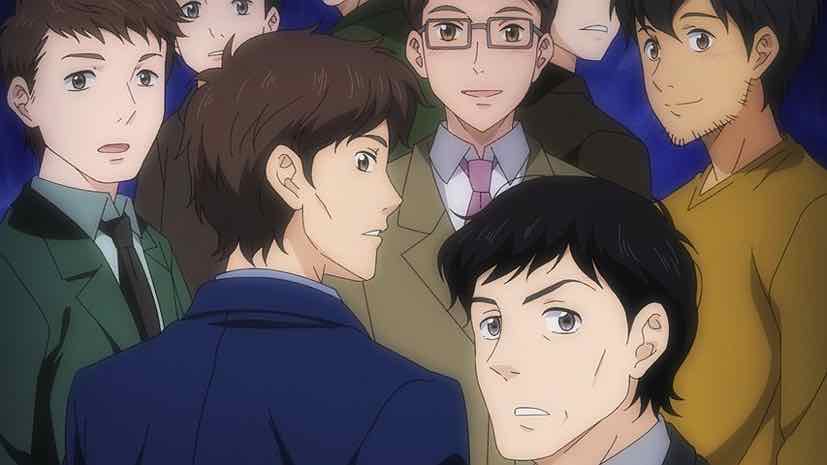

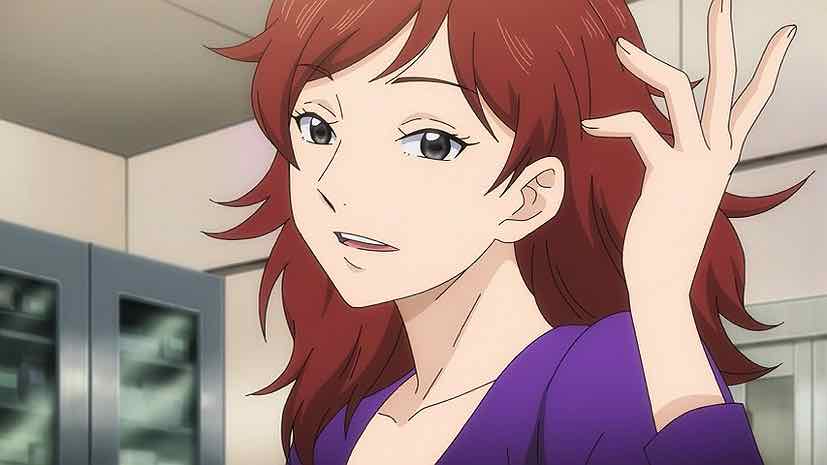
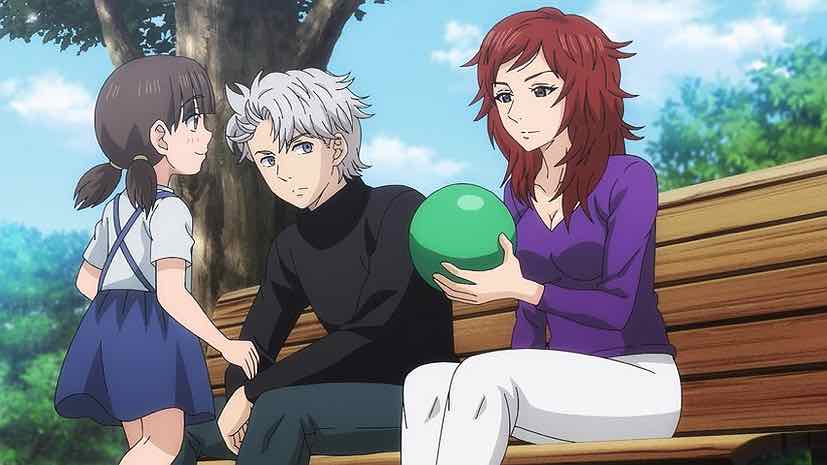
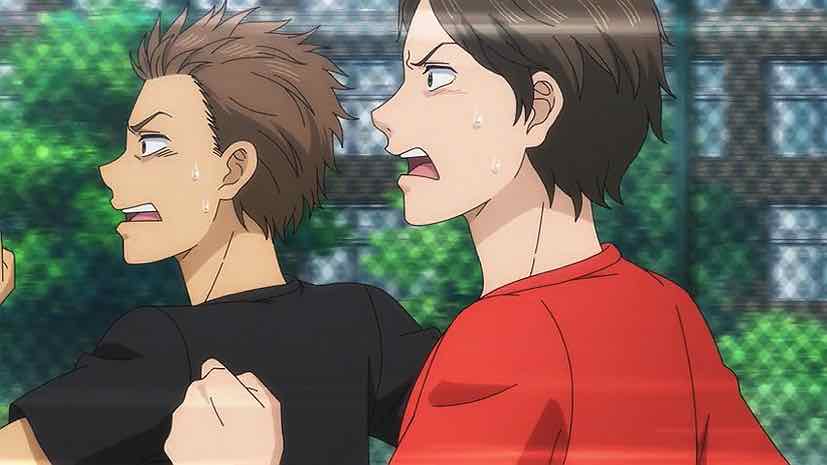
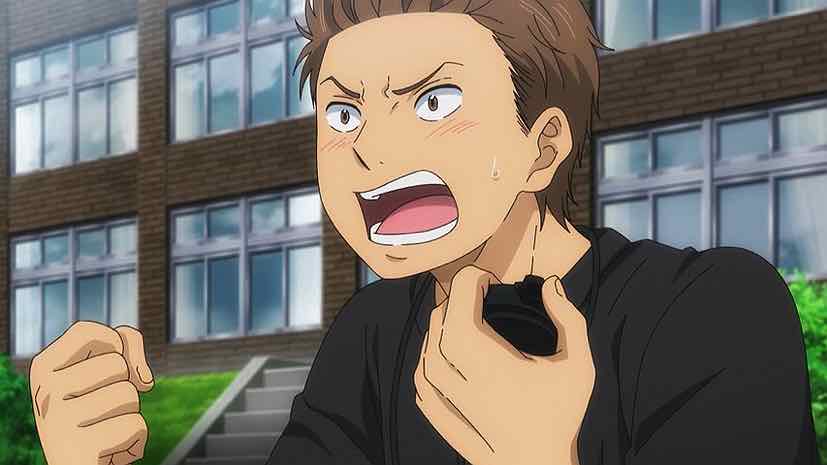
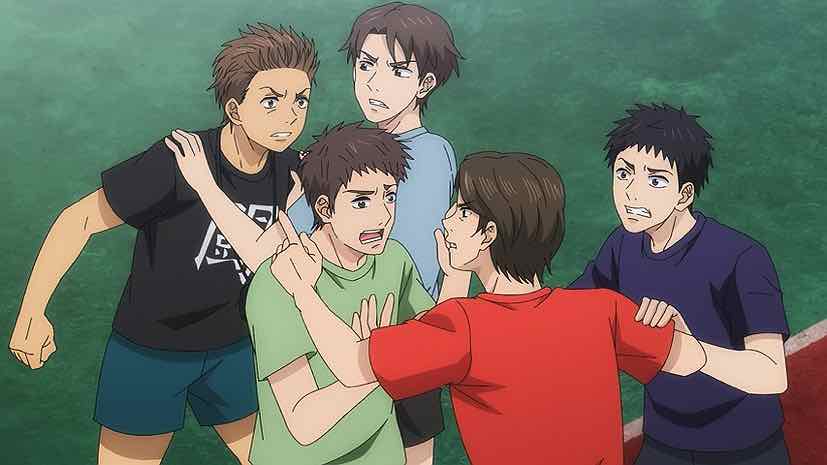
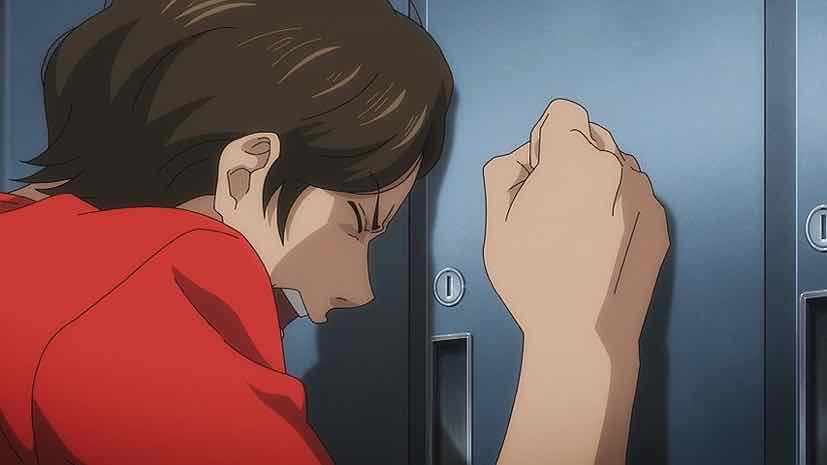
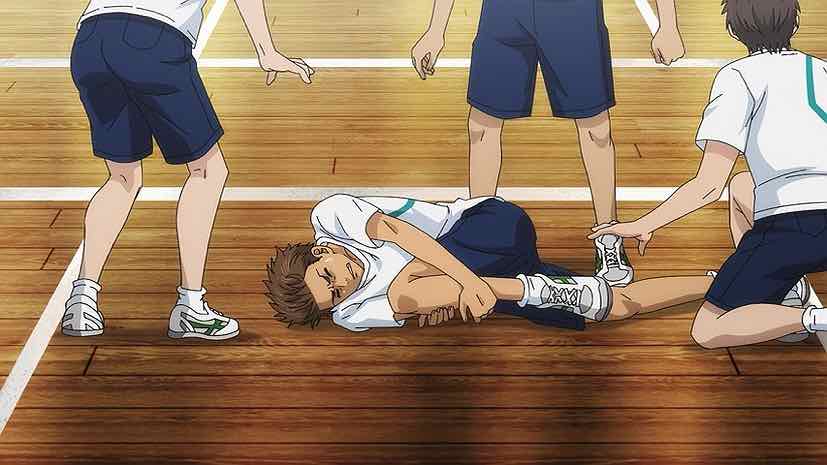
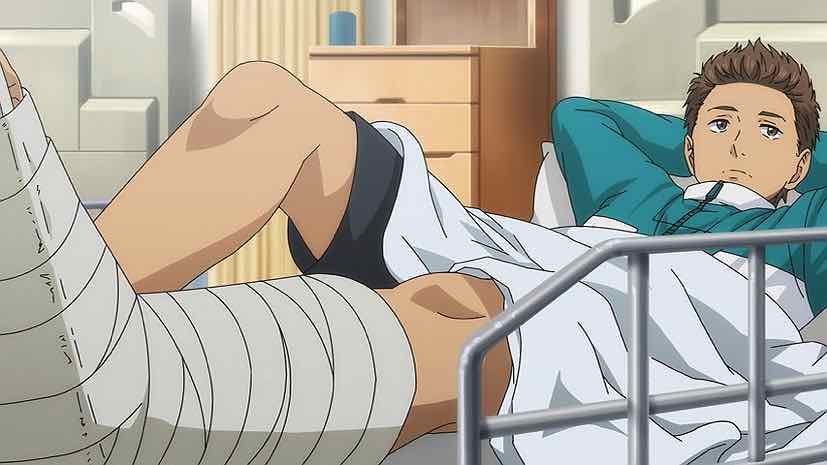
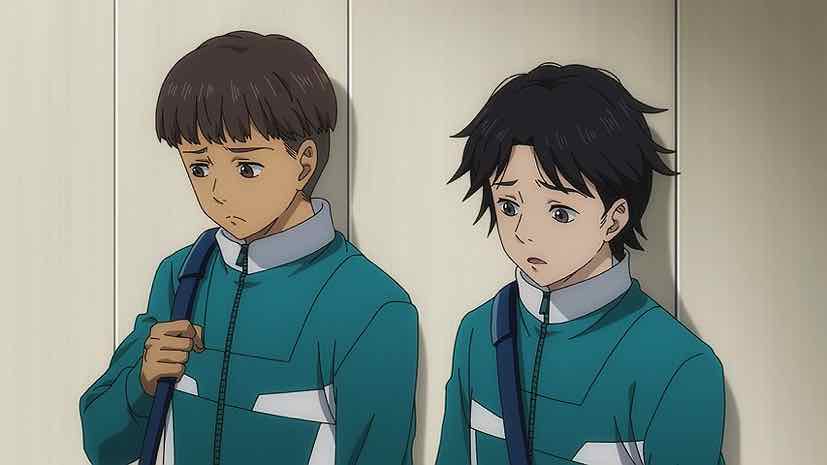
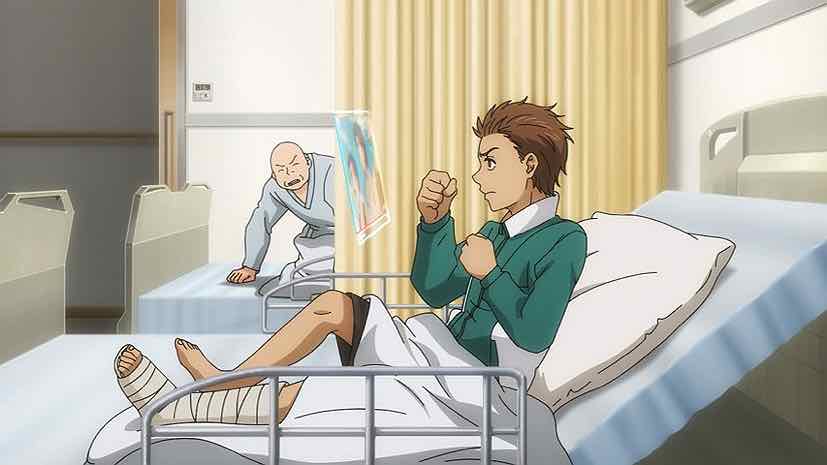
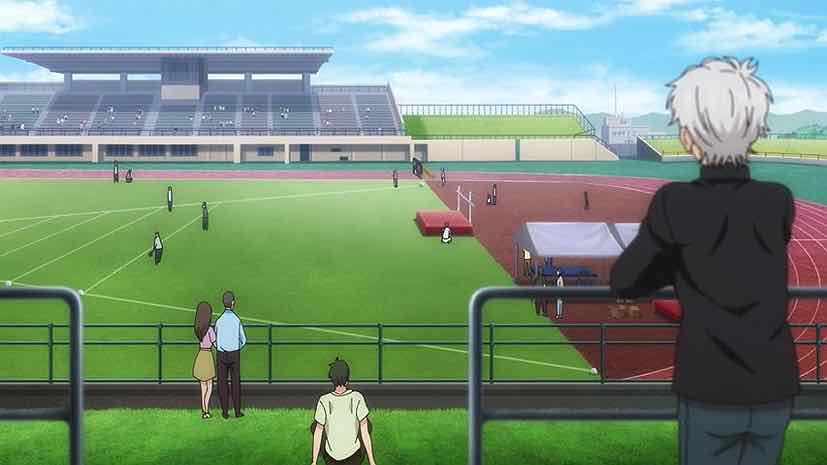
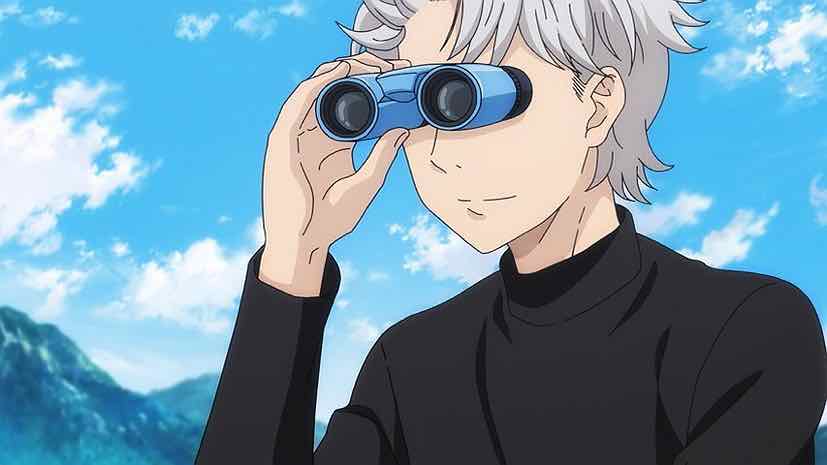
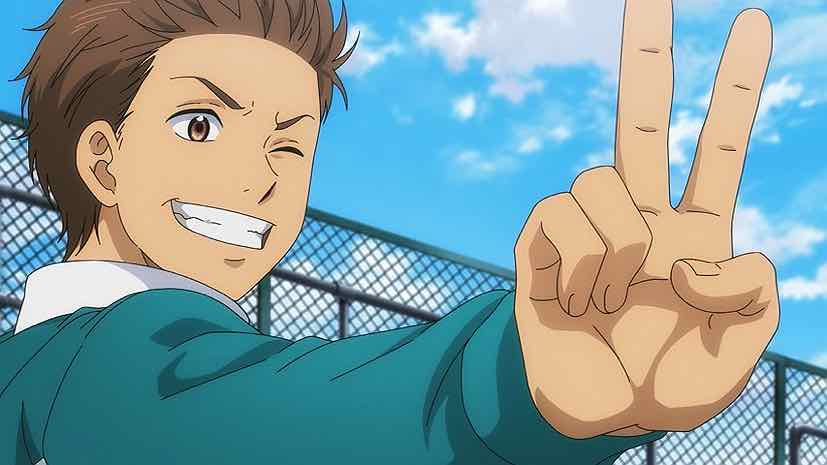

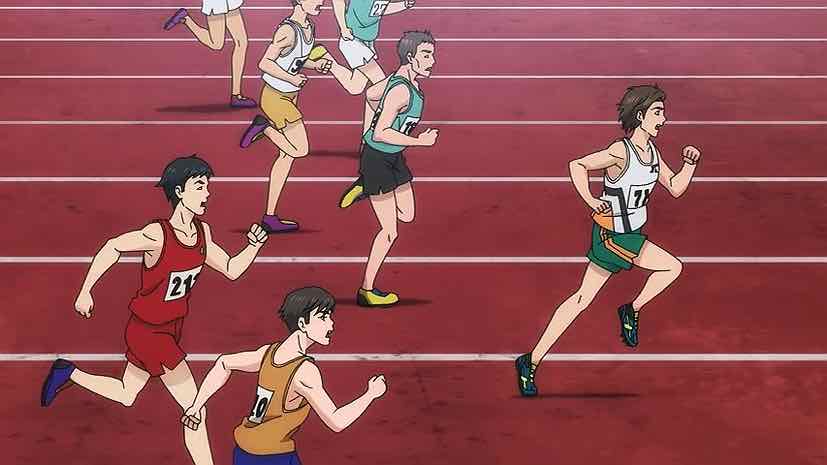
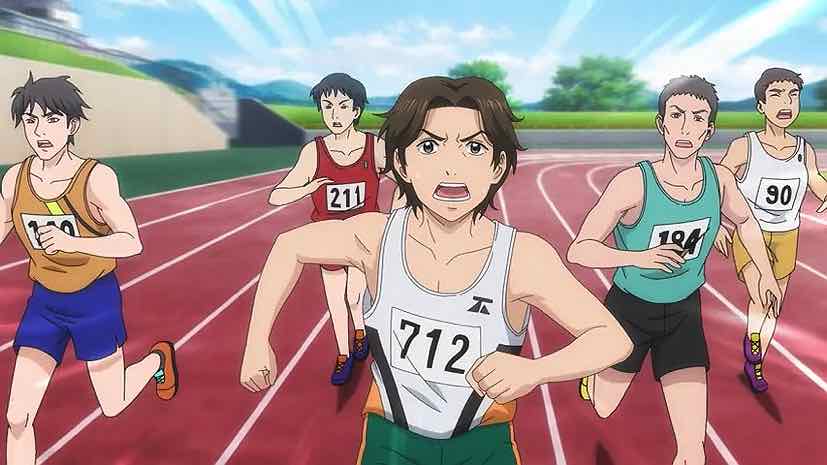
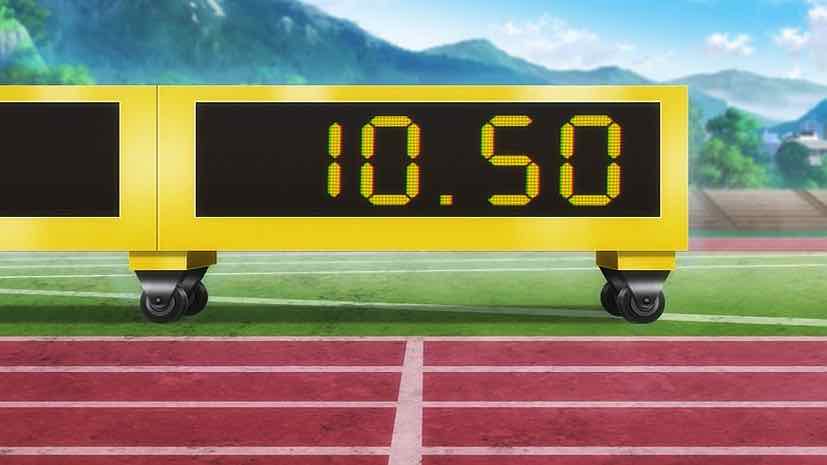
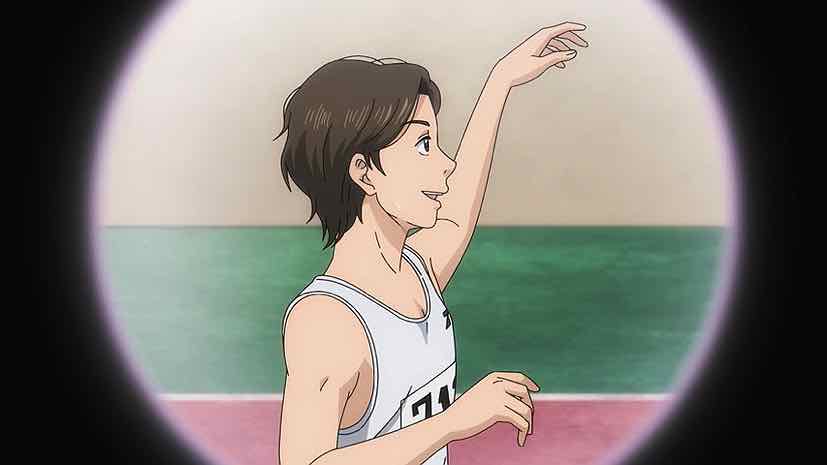
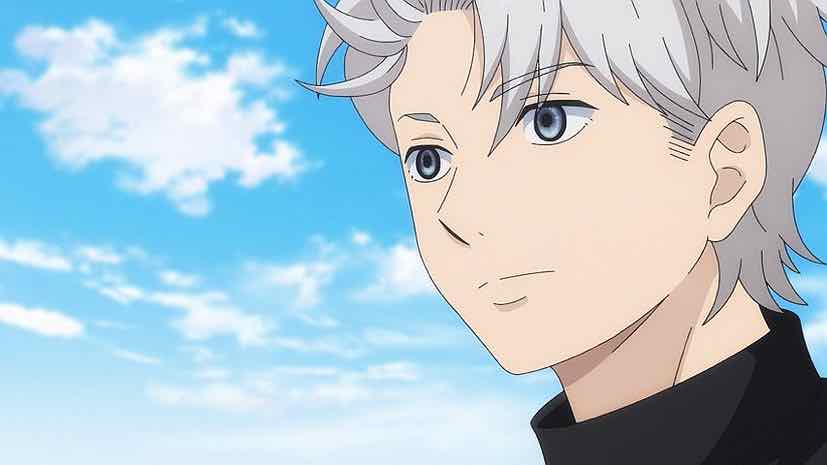
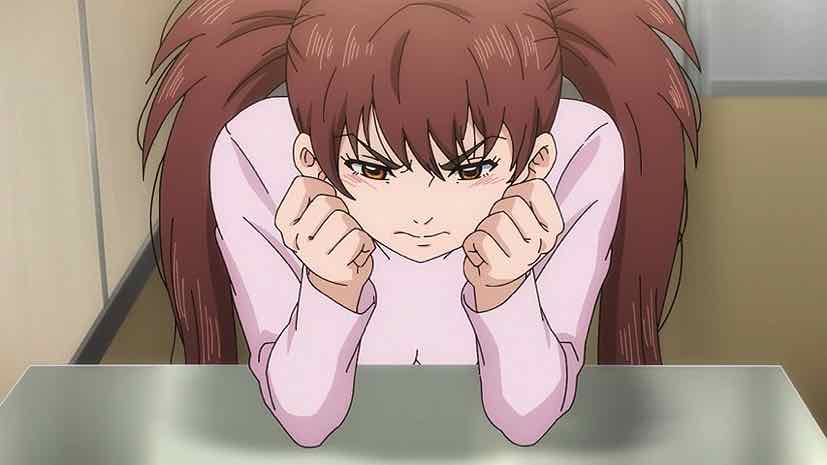

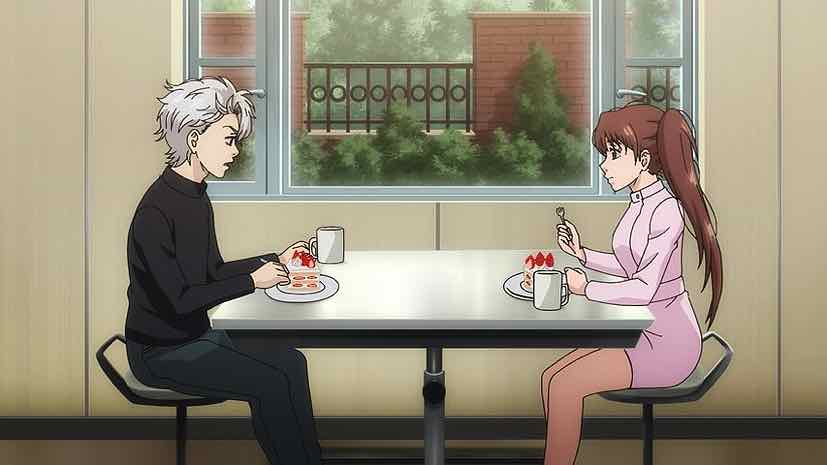
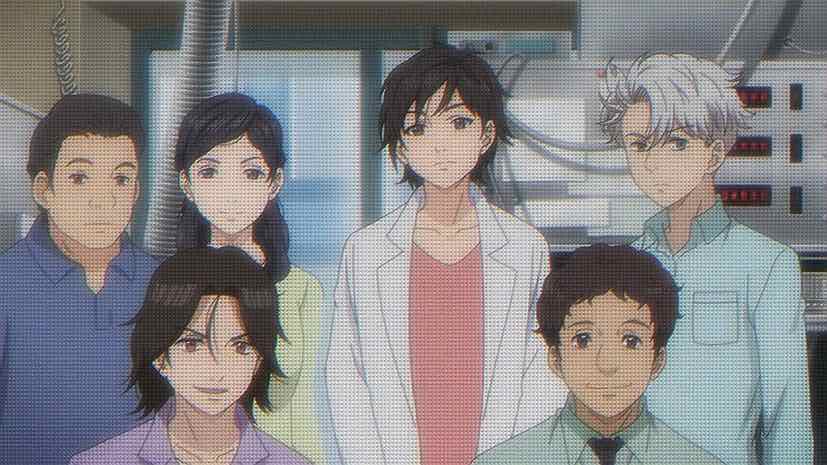
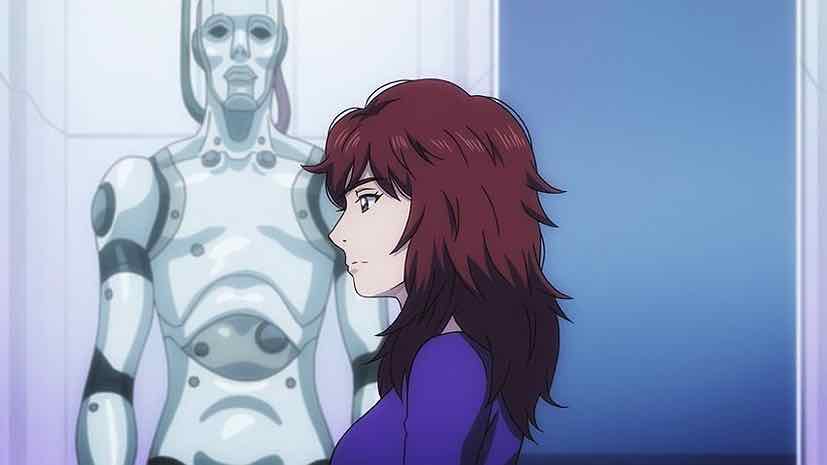
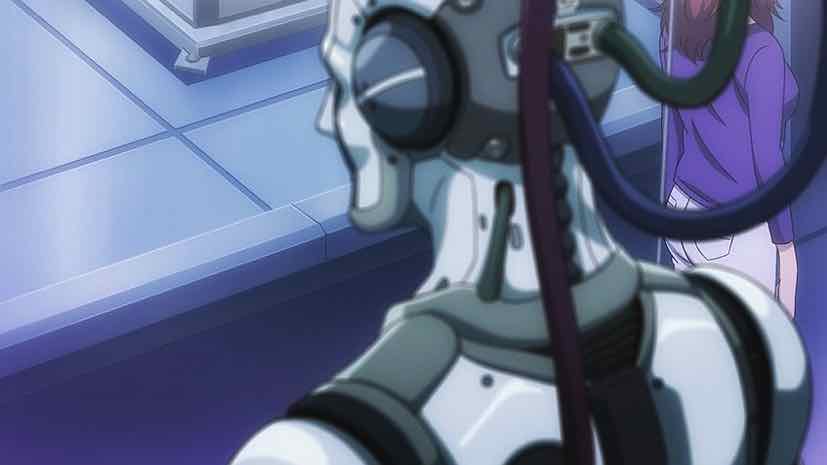
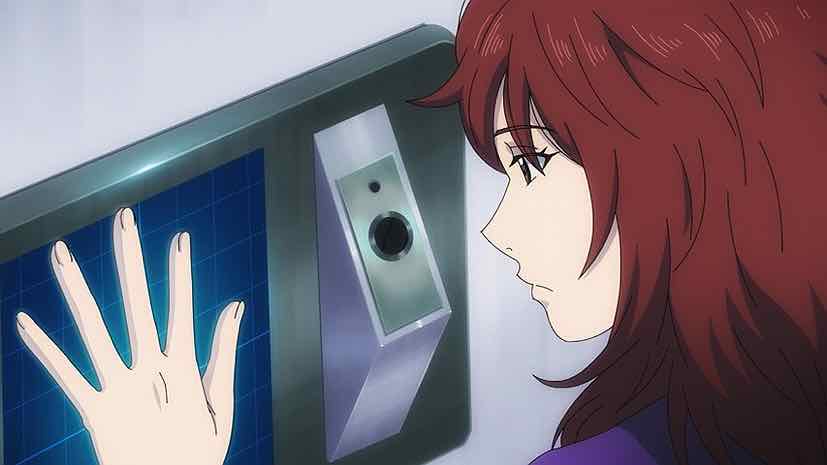

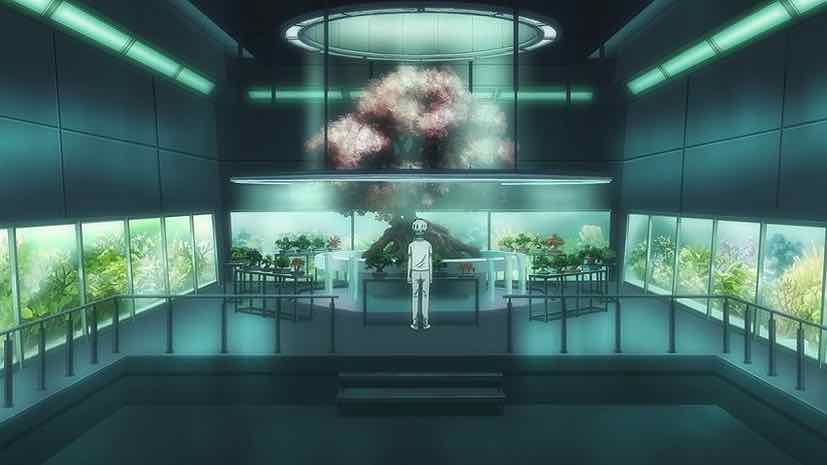
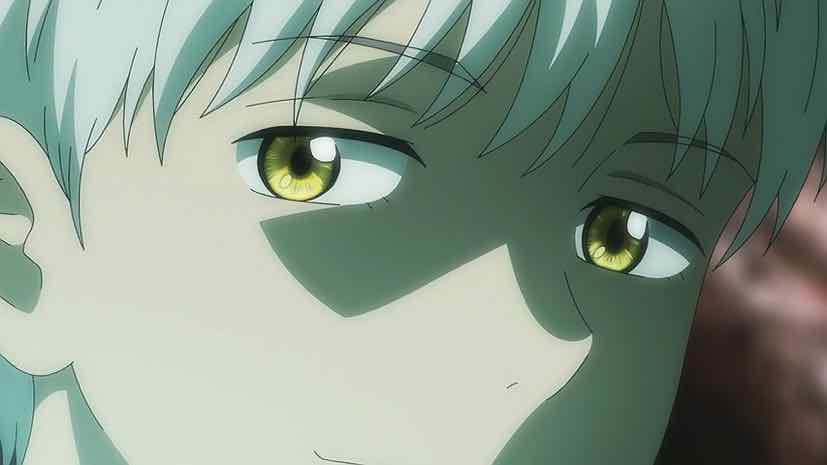
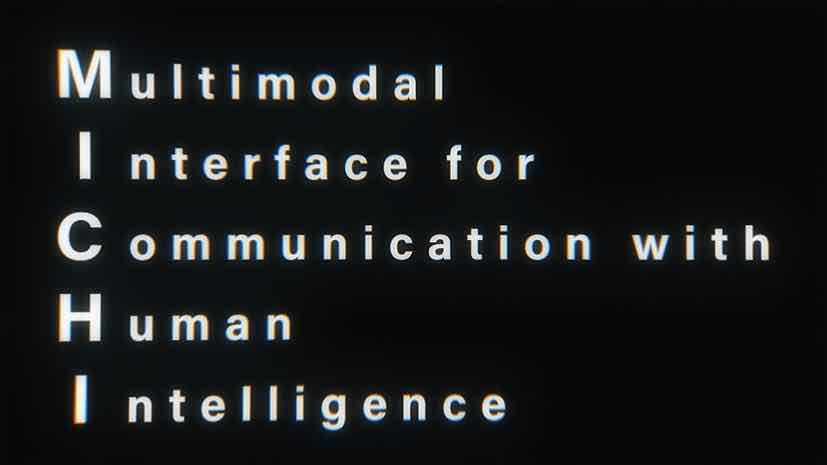
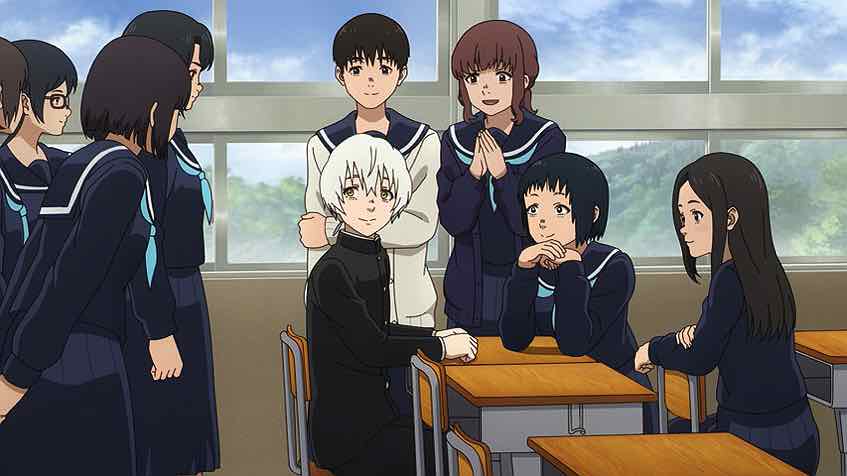
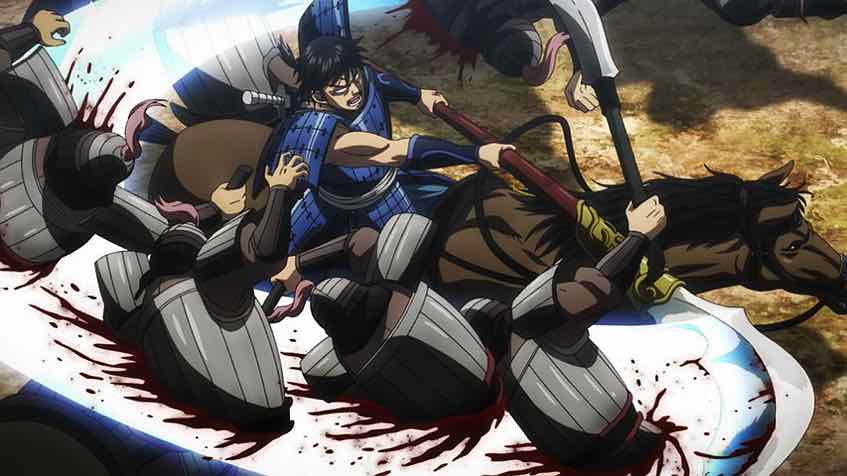
Simone
July 15, 2023 at 8:11 pmThe thing that bothers me about many treatments of AI in sci-fi, including this one, is that they effectively use AI only as a mirror to discuss human issues, a metaphor or allegory of sorts. The AIs are just humans with some funky stuff tacked on, like the ability to be backed up and copied, though honestly this whole concept of “humanoids” seems even more confusingly fuzzy in how they seem to really go the extra mile to make them as human as possible – yet somehow not fully, for whatever reason. The problem for me is that AI, turns out, is actually a real thing – AI as smart as humans not yet, but we don’t quite know how far off they are, and I think it’s pretty reasonable to expect that they’ll be *nothing* like humans (certainly, not walking around in pseudo-biological bodies with teenage mood swings). A lot of the discussion surrounding them though is shaped by that sort of expectation, which in this sense far from helping discuss the issue actually makes it even more confusing.